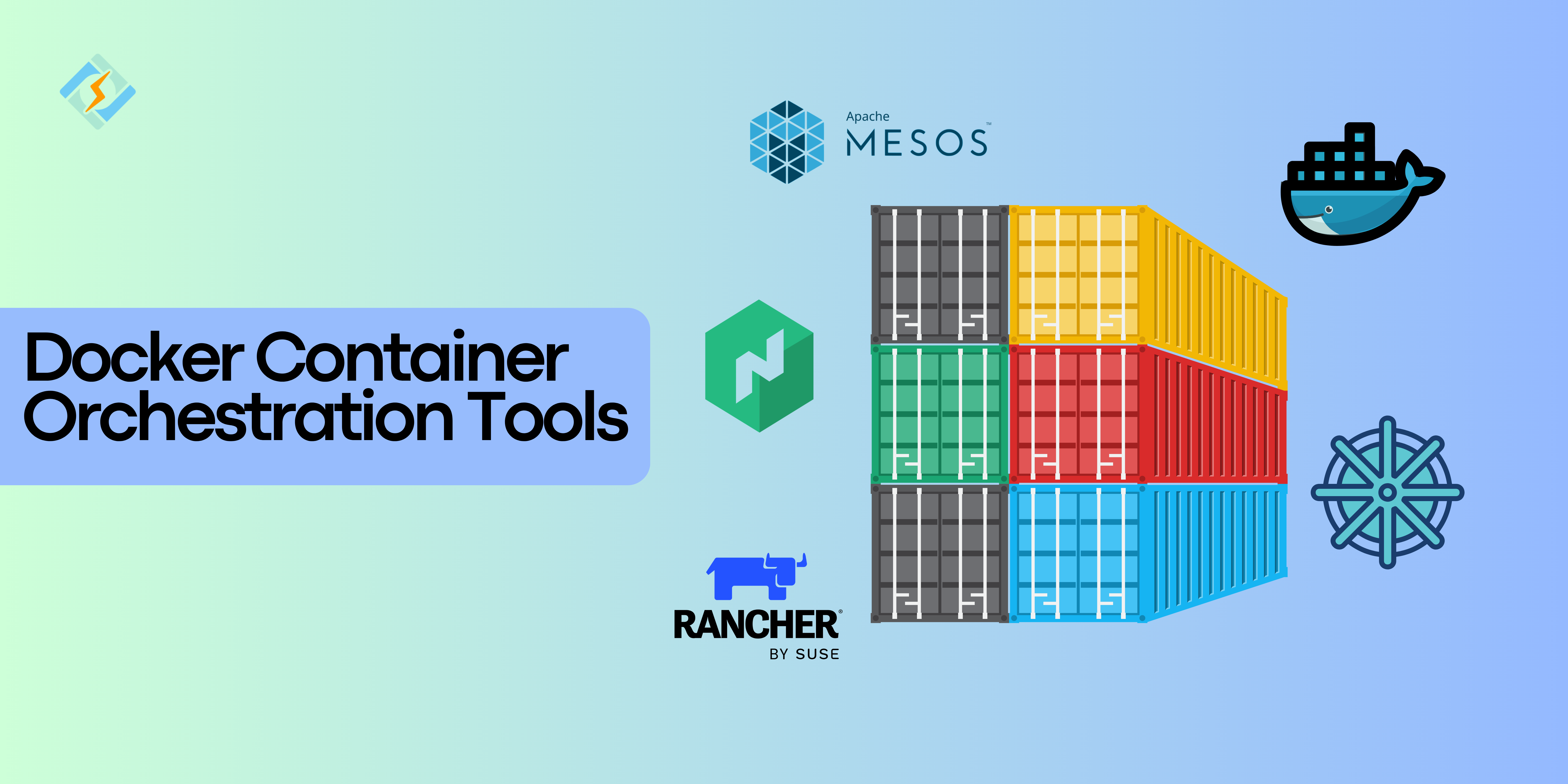Docker Container Orchestration isn’t just a tool, it has become the backbone of today’s modern app deployment.
The majority of developers kick things off with containers using local tools like Docker, usually working with one container at a time.
Over 50% of companies worldwide, the tech giants (Netflix, Spotify, Google) are relying on Docker for their container needs and to boost productivity. Ensuring it runs flawlessly anywhere, whether it’s your laptop, a cloud server, or another part of the globe. A developer can handle, expand, and sustain applications in a containerized setting.
Today we bring you the best Docker Container Orchestration tools, and find out why and what makes it so preferred among developers and enterprises.
What is Docker Container Orchestration?
Docker container orchestration refers to the automated management of containerized applications.
In simpler terms:
Get exclusive access to all things tech-savvy, and be the first to receive
the latest updates directly in your inbox.
Container orchestration aims to simplify the management of containerized applications by automating many operational tasks.
With container orchestration, the provisioning, deployment, scaling, and management of containerized applications happen automatically, freeing developers from the complexities of the underlying infrastructure.
This contains various aspects that software teams need to oversee throughout a container’s lifecycle, such as provisioning, deployment, scaling (both up and down), networking, load balancing, and more.
This flexibility allows developers to implement container orchestration in any environment where containers are used, streamlining the lifecycle management of those containers.
How Docker Container Orchestration Works?
Let’s explore the mechanics of container orchestration. Docker Container orchestration operates on the principles of declarative programming, which means you specify the desired outcome rather than detailing the steps to achieve it.
Developers create a configuration file that outlines the location of container images, the methods for establishing and securing networks between containers, and the allocation of storage and resources for the containers.
Orchestration tools utilize this file to automatically reach the specified end state. When a new container is deployed, the orchestration tool or platform automatically schedules the containers and identifies the most suitable host based on the constraints or requirements set in the configuration file, such as CPU, memory, proximity to other hosts, or specific metadata.
Once the containers are operational, orchestration tools manage their life cycle and perform operational tasks as defined in the container specification file, which includes:
- Provisioning and deployment
- Adjusting the number of containers and balancing the load
- Distributing resources among containers
- Relocating containers to different hosts to maintain availability during resource shortages or unexpected outages
- Monitoring application performance and health
- Facilitating service discovery
Container orchestration is applicable in any computing environment that supports containers, ranging from traditional on-premises servers to public, private, hybrid, and multi-cloud environments.
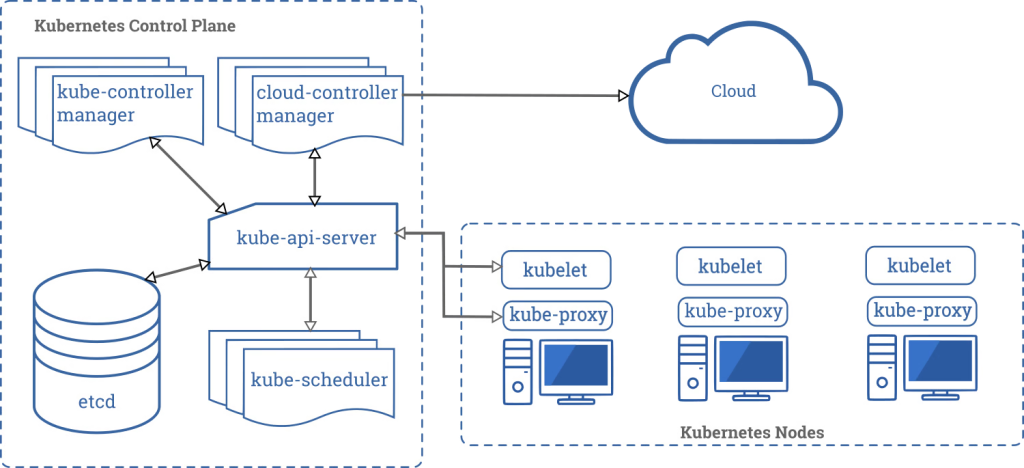
source by Kubernetes.io

Why Do You Need Container Orchestration Tools?
As apps get more complex and larger, docker container orchestration tools become essential for managing containerized environments effectively. Here are a few reasons why these tools are crucial in today’s IT landscape:
- Automated deployment: They automatically choose the best spots for containers based on their resource needs and limitations.
- Scalability: Container orchestration tools enable applications to scale up or down by adding or removing containers as demand changes.
- Load balancing: They help distribute traffic across containers, keeping the application running smoothly and accessible, even if some containers or the infrastructure have issues.
- Health monitoring: They help keep an eye on container health and automatically swap out any that fail, ensuring the app stays up and running.
- Configuration and secret management: They handle the configuration and sensitive info that the app requires, like database passwords and API keys.
Top 5 Docker Container Orchestration Tools in 2025
Here’s a list of some of the best Docker container orchestration tools you can choose based on your specific needs.
1. Kubernetes: The Gold Standard for Large-Scale Deployments
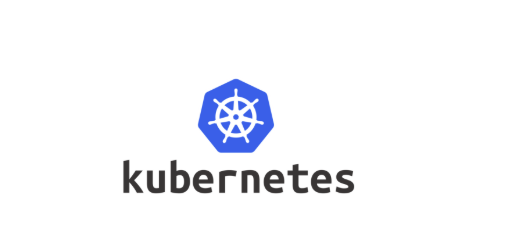
Kubernetes has been leading the container industry for about 15 years, running specifically for large-scale organizations. Developed by Google developers to support “planet-scale” workloads of billions of containers each week Kubernetes is an open-source container orchestration platform that was given to the Cloud Native Computing Foundation in 2015.
Kubernetes as a Docker orchestrator operates on a declarative approach, letting you specify the desired state of your container setup. You create YAML files that outline your goals, and the system takes care of executing the necessary steps to reach that state.
When using a docker orchestration tool like Kubernetes, you’ll configure your application with a YAML or JSON file. This file specifies where to find container images, how to set up the network, and where to store logs.
The Kubernetes architecture features a central control plane along with several worker Nodes. The control plane takes commands through its API server, schedules containers on the available Nodes, and continuously monitors to keep everything in check.
The only drawback is that it has a steep learning curve for beginners.
Kubernetes is best for: Cloud-native apps, Large enterprises, and Teams with DevOps Expertise.
2. Docker Swarm: Built-In Simplicity for Docker Users
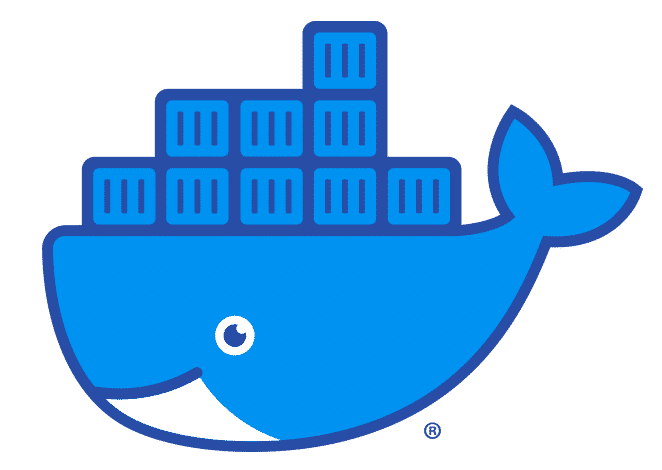
If you’re already familiar with Docker, this Docker container orchestration tool should integrate seamlessly for you. Because it’s built into Docker! Docker Swarm is lightweight and simple, perfect for small and medium-sized businesses.
Any Docker orchestration setup can activate Swarm mode, allowing for the deployment of containers across various physical machines. Swarm mode serves as a more straightforward option compared to intricate orchestrators like Kubernetes.
One host is designated as the swarm manager, responsible for scheduling new containers on the other machines within the swarm. Most interactions within Swarm resemble standard Docker CLI commands, making it an accessible entry point for those new to orchestration.
What makes Swarm a powerful Docker container orchestration tool is its features. Like load balancing, service discovery, rolling updates, and declarative scaling, automatically managing the creation or removal of containers in response to changes in replica counts and detecting any worker failures.
Requires subscription!
3. Nomad: Lightweight and Flexible for Mixed Workloads

Nomad by HashiCorp is an ideal Docker Container orchestration tool for mixed workloads. Whether you run Docker containers, VMSs, or even non-containerized apps, Nomad is the best!
Nomad stands out for supporting workloads that are not containerized. It enables you to manage both your old apps and containerized cloud-native solutions with a single tool.
Nomad is a lightweight and simple docker orchestrator. It comes as a single cross-platform binary with minimal resource overheads, making it simple to set up and manage.
Traditional virtual machines, static binaries, and system command interactions may all be natively controlled by Nomad in a single, standardized workflow.
Nomad is a single cross-platform binary that requires minimal resources, making it easy to install and maintain. It works seamlessly across different geographical locations and cloud environments. Its small size allows for straightforward scaling and deployment in various settings. Whether on developer workstations or in production environments, Nomad can be set up quickly and efficiently.
4. Rancher: Simplifying Multi-Cluster Kubernetes Management
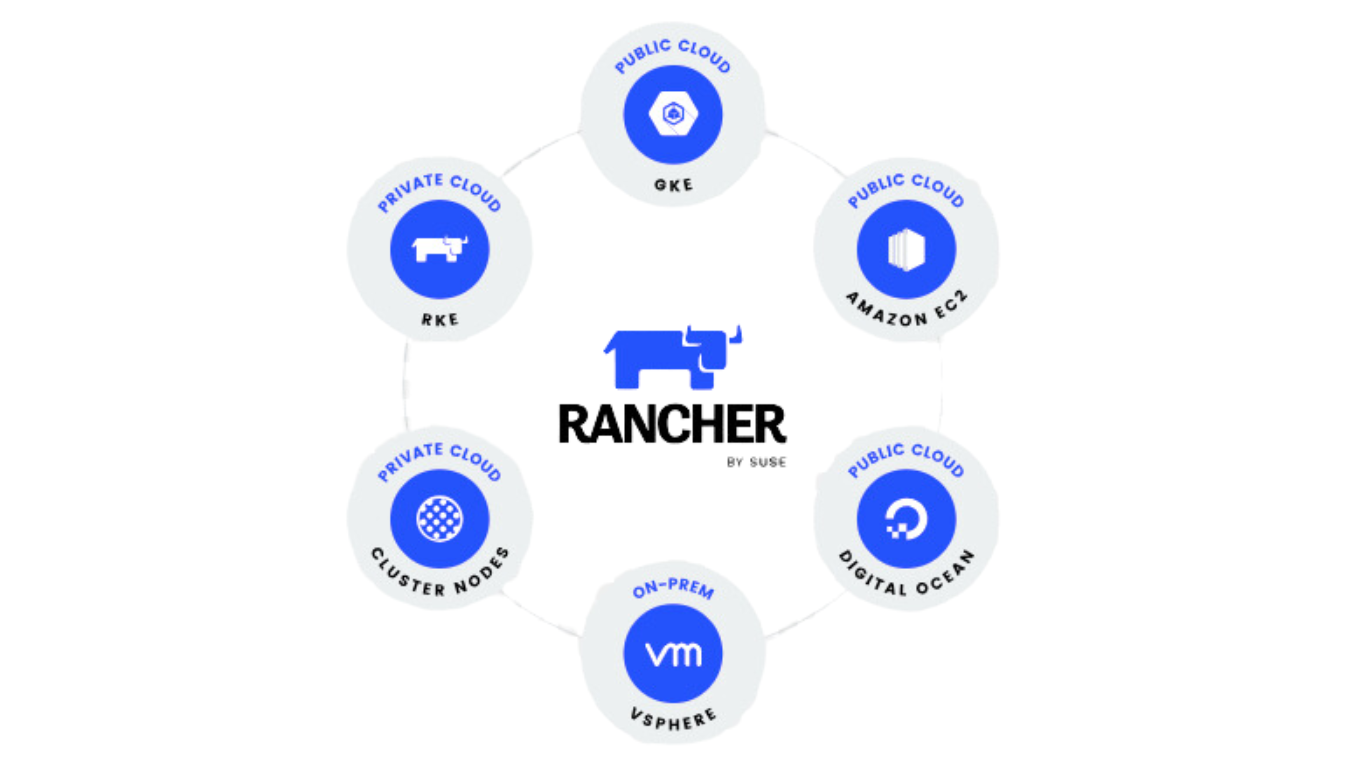
Rancher is a Kubernetes multi-cluster management platform that is free source. It simplifies Kubernetes management, to be used anywhere, whether it is on-premises, in the cloud, or at the edge.
It is also compatible with various orchestrators, such as Docker Swarm and Mesos.
Rancher streamlines access control, security, and management of Kubernetes when dealing with multiple clusters. You can set up users, roles, and projects a single time and apply them across all your clusters. It offers a unified dashboard for managing your environments, no matter which cloud platform they reside on. You just depend on Kubernetes knowledge for this.
Best for teams adopting Kubernetes for the first time.
5. Apache Mesos: For Complex, Large-Scale Environments
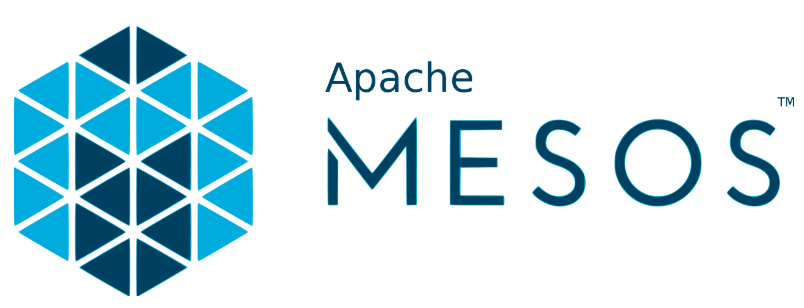
Apache Mesos is the OG for big data. A very powerful Docker orchestration tool, that can manage large-data workloads and complex distributed applications.
Apache Mesos is a versatile clustering solution that accommodates various computing architectures, extending beyond just containers. It has demonstrated the ability to scale to tens of thousands of nodes, provides seamless upgrades, and features a robust control interface.
Compared to Kubernetes, which is tailored specifically for container orchestration, Mesos functions more like an operating system for your entire infrastructure. It is founded on principles similar to those of the Linux kernel but is designed for distributed systems.
Furthermore, Task scheduling is managed by interchangeable modules that determine the prioritization and execution of tasks.
Key Features to Compare When Choosing Docker Orchestration Tools
You must consider the following features when choosing a docker container orchestration solution.
- Resource Use
- Deployment
- Manage multiple servers or clusters
- Simplify app deployment
- Autoscaling
- Self-healing
- Load- balancing
- Automated rollouts and rollbacks
Enable Docker Swarm
Mac & Windows
docker swarm initSwarm initialized: current node (ID) is now a manager.
To add a worker to this swarm, run the following command:
docker swarm join --token SWMTKN-1-3e0hh0jd5t4yjg209f4g5qpowbsczfahv2dea9a1ay2l8787cf-2h4ly330d0j917ocvzw30j5x9 192.168.65.3:2377To add a manager to this swarm, run ‘docker swarm join-token manager’ and follow the instructions.
docker service create --name demo alpine:latest ping 8.8.8.8docker service ps demoID NAME IMAGE NODE DESIRED STATE CURRENT STATE ERROR PORTS
463j2s3y4b5o demo.1 alpine:latest docker-desktop Running Running 8 seconds agodocker service rm demoEmerging Trends in Docker Orchestration (2025)
Here are some emerging Docker Container Orchestration trends to watch out for.
- AI-Driven Orchestration: Tools will use more AI to predict traffic surges and optimize resources beforehand.
- Security Improvements: In response to rising cyber threats, tools are prioritizing integrated security features for containers.
- Multi-Cluster Oversight: Solutions such as Rancher are streamlining operations across various clusters and regions.
- Edge Computing Adaptation: As edge computing expands, orchestration tools are evolving to handle workloads nearer to users.
Final Recommendation for 2025
Docker Container orchestration provides diverse solutions to management tasks that are automated by Docker orchestration tools. They assist in the deployment, management, and automatic scaling out of containers in response to variations in user demand.
No matter, if you’re a startup just starting with containerization or a well-established company handling big deployments, having the right tool, can change the game.
As we look ahead to 2025, Kubernetes is still the top choice in the industry, while Docker Swarm is a straightforward option for smaller projects. Nomad, Rancher, and Apache Mesos also offer interesting alternatives for particular needs.
To choose the perfect tool look for key features before checking out your options, see if they match your project objectives (needs), and harness the power of orchestration to fully realize the benefits of containerized applications. And it’s better to know various Docker Orchestration tools because this is the future of application deployment!
FAQ’s
1. What’s the easiest Docker container orchestration tool to get started with?
Docker Swarm is user-friendly and works perfectly with Docker CLI.
2. Is Kubernetes too much for smaller projects?
Absolutely, Kubernetes can be quite intricate for smaller deployments. You might want to look into Docker Swarm or Rancher instead.
3. Can I change orchestration tools down the line?
While it is feasible, it can be quite difficult, so it’s wise to select a tool that fits your long-term objectives.
4. Do these tools accommodate hybrid cloud configurations?
Yes, platforms like Kubernetes and Rancher are specifically built to support hybrid and multi-cloud setups.
5. What’s the top orchestration tool for handling big data?
Apache Mesos is excellent for big data tasks because of its resource management and robust fault tolerance.
6. How does Docker orchestration enhance security?
Orchestration tools provide secure networking, isolate containers, and implement access control policies, safeguarding applications against vulnerabilities.
7. How expensive are Docker Container orchestration tools?
Although Docker is free, using orchestration tools such as Kubernetes or managed services (like AWS EKS) can lead to infrastructure and licensing expenses.
8. How can I select the appropriate Docker orchestration tool?
Consider these aspects when choosing a Docker orchestrator:
- The skill level of your team.
- The complexity of your applications.
- Your budget limitations.
- The tool’s compatibility with your current ecosystem.
